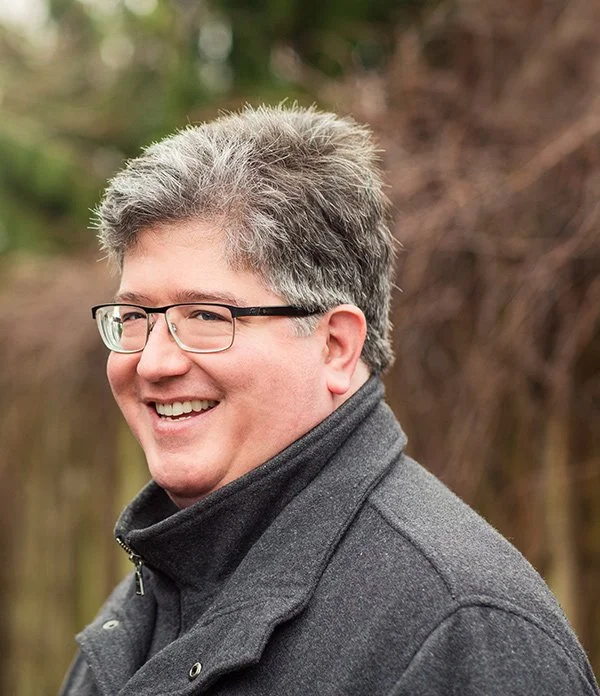MR: You won the Prix Aurora Award for Icarus Down, and now The Night Girl continues to show your range across genres. What do you find most rewarding—and most challenging—about writing both science fiction and fantasy?
JB: Science Fiction and Fantasy have different expectations and different rules, but these rules have similarities that you can work and play with. You can’t use magic in science fiction, but you can fudge in some technology that works like magic, like ion-ships and faster-than-light travel. Rather than aliens, you can rely on mythological creatures in Fantasy. All that the readers ask is that the story be consistent to the rules you establish at the beginning of the story, or that have been established for you by the genre. Not all rules are made to be broken; they provide important structures that you hang your story on.
The rewards of science fiction and fantasy are that you are able to tell your stories in different settings or environments that simply aren’t available in contemporary fiction. I can have a book about goblin and troll office workers in downtown Toronto through urban fantasy, or I can jet off to Mercury or clear across the galaxy to tell the story of the challenges of behind human while struggling to survive in hostile environments.
But I find these settings and rules are flourishes, or aesthetics, and ultimately the stories are about the characters themselves, and the characters are people. How these people react to their settings and their stories should resonate with readers, who can see and sympathize with these people as not being that different from themselves. Thus The Night Girl and The Sun Runners become stories of women (Perpetua and Frieda) who come to understand their place and privilege in the world, and who grow into themselves by helping others with their own struggles. Icarus Down and The Night Girl become stories about finding out who you really are, and dealing with the uncomfortable truths about the world you live in.
MR: You’re also a communications officer for a land trust. Has your work in environmental preservation influenced how you approach world-building or the moral dimensions of your fiction?
JB: I am currently freelancing and supporting my wife Erin with her writing work, but working as a communications officer is a privilege for me because it pays me to write for a living. For most authors, writing is not a money-making enterprise, and we need a day job to pay the bills. Fortunately, I enjoy putting together press releases, creating newsletters, just making stuff, much more than I would doing Perpetua’s initial job of drafting invoices, answering phones and scheduling meetings.
Though, now that I think of it, a lot of that happened during my dayjobs as well.
I was equally privileged to work for non-profit agencies like the rare Charitable Research Reserve or the Canadian Water Network because these are easy causes to get behind. Unless we can find a balance between ourselves and nature, and unless we can protect the quality and quantity of our water, for everyone, the world is going to become a much harder place to live in. I’d hate to have the events that launched The Sun Runners happen here.
MR: You’ve been a Doctor Who fan since the late ’70s. Do you see any echoes of that storytelling tradition—hope, wonder, maybe a touch of whimsy—in your own writing?
JB: Oh, I am a writer because of Doctor Who. It’s as simple as that. When I was in my teens, I discovered fan fiction, and Doctor Who is one of the best franchises to explore that. The show’s writers may dress things up in science fictdion terms, throwing around phrases like “time machine” and “dimensionally transcendental”, but what it really comes down to is that it’s about a powerful wizard with a magical cabinet that can take him anywhere in the Universe. He is a portable hero who can be dropped into almost any genre of story. Writers have a whole bunch of characters, settings or plot ideas they can take off a shelf and write about, while exploring the craft of creating their own characters, settings or plots within that universe. Better yet, fan fiction has a fan community who will happily read your work and offer comment and encouragement, which gives you plenty of opportunities to improve, and a lot of incentive to keep writing.
There’s a lot of Doctor Who in The Sun Runners and Icarus Down. There may be some in The Night Girl as well, but I have other influences. I’ve already mentioned The Lord of the Rings and Emma Bull’s War for the Oaks. I was also reading a lot of Terry Prachett while writing The Night Girl, and he’s a master at incorporating whimsy, fantasy and humour into stories that have deeper undertones and commentary about the world.
MR: The novel first came out in 2019. When revisiting it for this new edition, did you feel tempted to change anything, or did you prefer to preserve it as a snapshot of the moment it was written?
Ed corrected the American spelling in the new edition. I didn’t change much else, because I felt that the story had reached its final form, and had become as good as it was going to be. I did ask to change a few details, like the number of homeless people in Toronto, and Perpetua’s rate of pay, as unfortunately, homeless numbers and prices have gone up considerably since 2019.
Although it’s not made explicit, the dates in The Night Girl correspond to 2018, and I was thinking about that year as I was writing the tale — it was the best mixture of near-future and contemporary as I could find. But the dates also correspond to the year 2029, and who knows: maybe the optimistic-with-fingers-crossed ending will fit well with that date when we get to it, given the way things are these days.
MR: Toronto feels like another character in the book. What makes the city such a compelling backdrop for fantasy, and what do you hope readers—especially Canadian ones—see differently after reading The Night Girl?
JB: Toronto is a diverse city with many possibilities for diverse and interesting characters. And as a Canadian city that, by and large, works, you aren’t obliged to tell a noir urban fantasy tale like Chicago tends to see, though Toronto can do noir, and Chicago’s not nearly as bad as its reputation sometimes presents. I also think, with fantasy — urban and otherwise — we look for unexpected things, or we like to explore hidden things. Not only are there plenty of hidden things to explore in Toronto, it’s an unexpected setting when it comes to urban fantasy. But if there can be werewolves in London and vampires in Sunnydale, there can be goblins and trolls in Toronto and Montreal, and as Canadians telling Canadian stories, we owe it to ourselves to make these contributions to the urban fantasy genre.
MR: Finally, what’s next for you? Are there more stories brewing in the Night Girl universe—or perhaps another world entirely waiting to be explored?
JB: The Night Girl is a stand-alone with a deliberately ambiguous ending, because the emotional climax of the story is the decisions that Perpetua, the goblins and the trolls make, with the impact of that decision being left to the imagination of the reader. I like stories like that, which offer a mixture of hope and trepidation for the resolution. If there’s a second book, it will deal with the human reaction to this world of goblins, trolls and faeries, and it will probably be called The Day Boy.
But right now I’m working on a companion YA SF novel to The Sun Runners called The Cloud Riders, set on Venus and Mars. It’s sort of an interplanetary Country Mouse/City Mouse thing, and I’m having fun with it. There’s also a near-future New Adult SF novel I’m working on about the impact to our identities in the face of rampant automation called The Curator of Forgotten Things. That one won’t have space colonies or space-opera settings, but be a bittersweet tale set in Halifax in 2040. That one intrigues me a lot. We’ll see how it goes.















